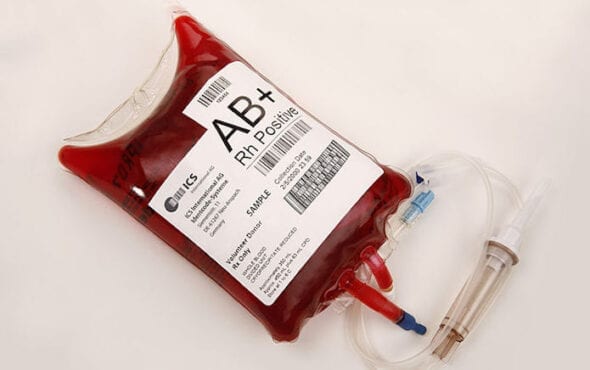
The FDA has revealed new regulations for blood donations that will make it easier for gay and bisexual men.
Back in November, the federal agency announced that it would be easing its rules concerning blood donation restrictions for queer men.
According to The Wall Street Journal, the proposed rules would have allowed queer individuals in monogamous relationships to no longer stay abstinent for a year to give blood.
In addition to the proposed adjustment, the FDA announced that they would explore the idea of gay and bisexual men filling out a questionnaire related to their sexual history.
While the FDA’s announcement was praised for being a step in the right direction, many LGBTQ+ activists called on the organisation to eliminate all queer-focused regulations.
After a few months of silence, the FDA proposed a new set of blood donation rules that are set to step away from “time-based deferrals” and focus on using “gender inclusive, individual risked-based questions.”
“This proposal is in line with policies in place in countries like the United Kingdom and Canada,” the federal agency said in a press release.
Under the proposed guidance, men who have sex with men (MSM) and women who have sex with MSM will no longer be subjected to time-based deferrals.
The established donor questionnaire will also be revised to ask all potential donors about their new or multiple sex partners in the past three months.
If an individual reports having a new sexual partner or multiple sexual partners, they will be asked if they had anal sex in the past three months. For donors who say yes, they will be deferred from donating blood.
These draft recommendations are based on the FDA’s careful review of available information, including data from other countries with similar HIV epidemiology that have instituted this approach, as well as ongoing surveillance of the U.S. blood supply. https://t.co/9soYZL0Chh
— U.S. FDA (@US_FDA) January 27, 2023
Lastly, people who take oral PrEP or PEP medications will be deferred for three months from their recent dose, while individuals who take the injectible variation will be delayed for two years starting from their most recent injection.
“The available data demonstrate that the use of PrEP and PEP may delay detection of HIV by licensed screening tests for blood donations, potentially resulting in false negative results,” the FDA explained.
“However, this does not mean that individuals taking PrEP should stop taking these medications to donate blood.”
With the proposed regulations officially released, the federal agency will be open for public comment, which will last 60 days.
After two months, the FDA will review all the submitted comments before finalising the final set of US-based regulations.
In a statement, FDA Commissioner Robert M Califf expressed the importance of changing the guidelines to an individual risk assessment.
“Maintaining a safe and adequate supply of blood and blood products in the U.S. is paramount for the FDA, and this proposal for an individual risk assessment, regardless of gender or sexual orientation, will enable us to continue using the best science to do so,” he said.
Director of the FDA’s Center for Biologics Evaluation and Research Peter Marks, M.D., Ph.D., echoed similar sentiments in an additional statement.
“Our approach to this work has always been, and will continue to be, based on the best available science and data.”



